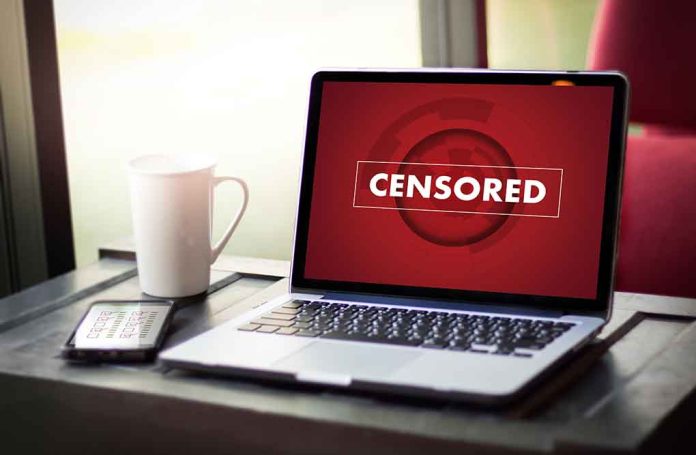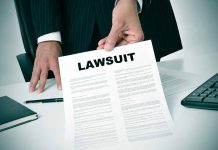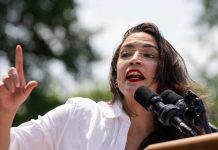
JD Vance declares Big Tech censorship as democracy’s biggest threat in VP debate, sparking heated exchange with Tim Walz.
At a Glance
- Vance claims Big Tech censorship is a greater threat to democracy than election disputes
- He accuses Kamala Harris of endorsing large-scale censorship
- Walz counters Vance’s claims, calling them “revisionist history”
- The debate highlights differing views on censorship and election integrity
- Vance avoids directly answering whether Trump lost the 2020 election
Vance’s Bold Claim on Big Tech Censorship
In a fiery exchange during the sole vice presidential debate of the 2024 US Elections, Republican candidate JD Vance made the provocative assertion that censorship by Big Tech companies poses the greatest threat to American democracy. The debate, hosted by CBS News in New York, saw Vance and his Democratic counterpart Tim Walz clash over issues of election integrity and freedom of speech.
When pressed by moderator Norah O’Donnell about his stance on the 2020 election results, Vance pivoted to criticize what he perceives as coordinated censorship efforts between Big Tech and the Biden administration. He argued that this alleged collusion has stifled important national debates, particularly on social media platforms which he referred to as the “21st century town square.”
Accusations of Government-Big Tech Collusion
Vance doubled down on his accusations, citing a recent federal court ruling that deemed certain interactions between the Biden administration and tech companies as unconstitutional. He emphasized the human cost of such censorship, particularly its impact on American schoolchildren during the pandemic.
“First of all, let’s appreciate the human cost of Big Tech’s censorship. We now know that millions of American schoolchildren were locked out of their schools in a way that harmed their socialization, that increased depression among our young people. And we weren’t having the proper debate about what we were doing to our kids because Big Tech was colluding with the federal government and making it impossible to have that debate. That had human cost: it harmed our children.” – Source
Vance’s rhetoric reflects a growing concern among conservatives about perceived bias in content moderation practices of major tech platforms. He suggested that the threat posed by tech companies potentially influenced by foreign interests outweighs concerns about election disputes.
Walz’s Rebuttal and Debate Dynamics
Governor Tim Walz, representing the Democratic ticket, vigorously contested Vance’s narrative. He dismissed Vance’s arguments as “revisionist history” and attempted to refocus the debate on whether Vance believed Donald Trump had lost the 2020 election. This led to a tense exchange where Vance avoided directly answering the question, instead emphasizing his focus on the future.
“That is a damning non-answer,” – Source
The debate underscored the stark differences between the two camps on issues of free speech, election integrity, and the role of technology companies in public discourse. While Vance painted a picture of a democracy under threat from corporate censorship, Walz sought to bring attention back to the events of January 6th and questions about the peaceful transfer of power.
Implications for the 2024 Election
This vice presidential debate has highlighted key issues that are likely to play a significant role in the upcoming 2024 election. The Republican focus on Big Tech censorship and the Democratic emphasis on election integrity and the events of January 6th represent two competing narratives about the state of American democracy.
As the campaign season progresses, these themes are expected to remain at the forefront of political discourse, shaping voter perceptions and potentially influencing the outcome of the election. The debate between Vance and Walz has set the stage for what promises to be a highly contentious and closely watched presidential race.
Sources:
- JD Vance avoids January 6th questions by pivoting to Facebook ‘censorship’
- SENATOR VANCE SLAMS COORDINATED CENSORSHIP FROM BIG TECH AND BIG GOVERNMENT
- JD Vance vs Tim Walz Highlight: Vance calls ‘censorship’ real threat, criticises Harris for industrial-scale suppression














